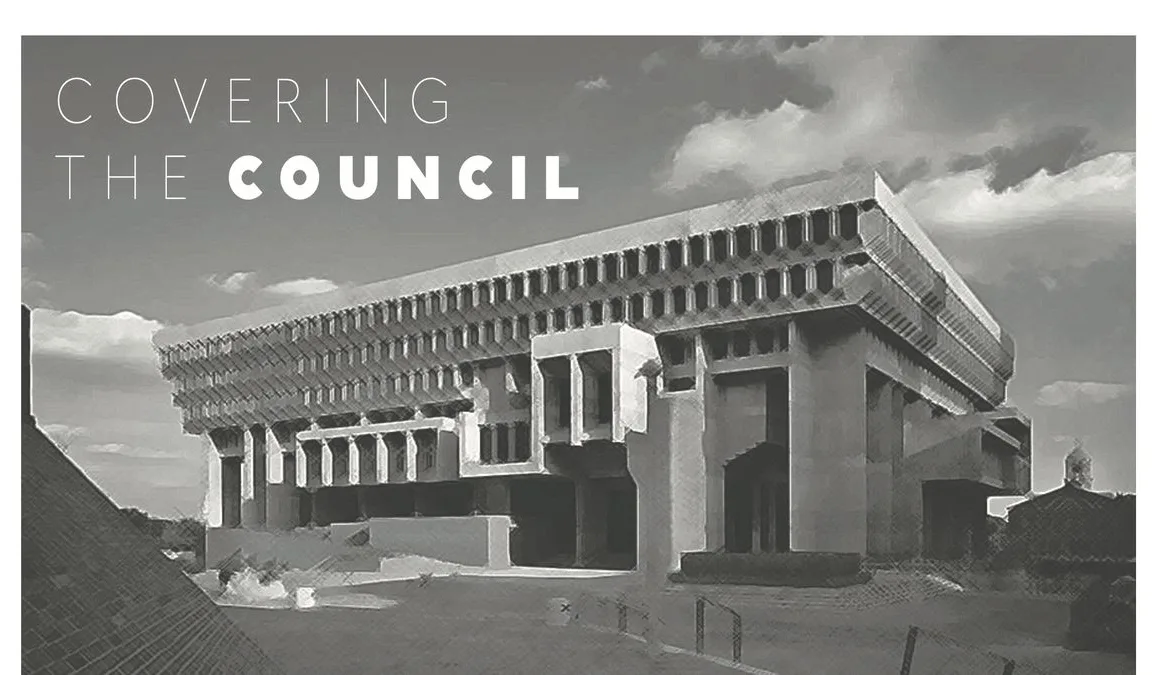
Boston’s City Council marked Black History Month with a special ceremony recognizing the contributions of Black-owned businesses to the city’s rich cultural heritage. The event, presided over by City Council President Ruthzee Louijeune, showcased Boston’s diverse Black history through landmarks, figures, and the stories of local entrepreneurs. Significant mentions included the African American Heritage Museum, Malcolm X, and the recognition of businesses spanning various sectors, from culinary arts to education.
Spotlight on Local Heroes
Among the honorees were Chef Douglas Williams of D.W. French, praised for his culinary contributions and community service, and Pastor Bruce Wall of Boston Praise Radio, recognized for his pioneering work in media. Casandra Campbell of Fresh Food Generation was acknowledged for her efforts in providing healthy meals during the pandemic, underscoring the importance of Black leadership in addressing community needs. The ceremony also celebrated the achievements of individuals like Hannibal Chavez, an immigrant entrepreneur who has established successful auto-repair shops, and Ashton “Stackz” Lites, noted for his influence in the Boston dance scene.
Inspiring a Future Generation
The event not only honored the present contributions of Black business owners but also looked to the future, with a performance by a drum line from John D. O’Bryant School of Mathematics and Science. This act symbolized the ongoing legacy of Black excellence and the role of youth in continuing the tradition of innovation and leadership. The ceremony’s focus on a diverse range of fields from cuisine to dance and education highlighted the multifaceted nature of Black entrepreneurship in Boston.
Reflections on Black History and Future
As the ceremony concluded, the heartfelt words of Larry Jimerson, owner of the first Black-owned business in the Seaport area, underscored the significance of recognition for Black entrepreneurs who have long contributed to Boston’s vibrancy. The event, beyond celebrating achievements, served as a reminder of the struggles and triumphs of Black business owners in the city. It also raised awareness about the importance of supporting these businesses, not just during Black History Month but year-round, as a means of fostering a more inclusive and equitable economic landscape.
The Boston City Council’s celebration of Black-owned businesses during Black History Month thus not only honored past and present achievements but also cast a hopeful gaze towards the future. It reaffirmed the city’s commitment to recognizing and supporting the vital role that Black entrepreneurs play in enriching Boston’s cultural and economic fabric.


